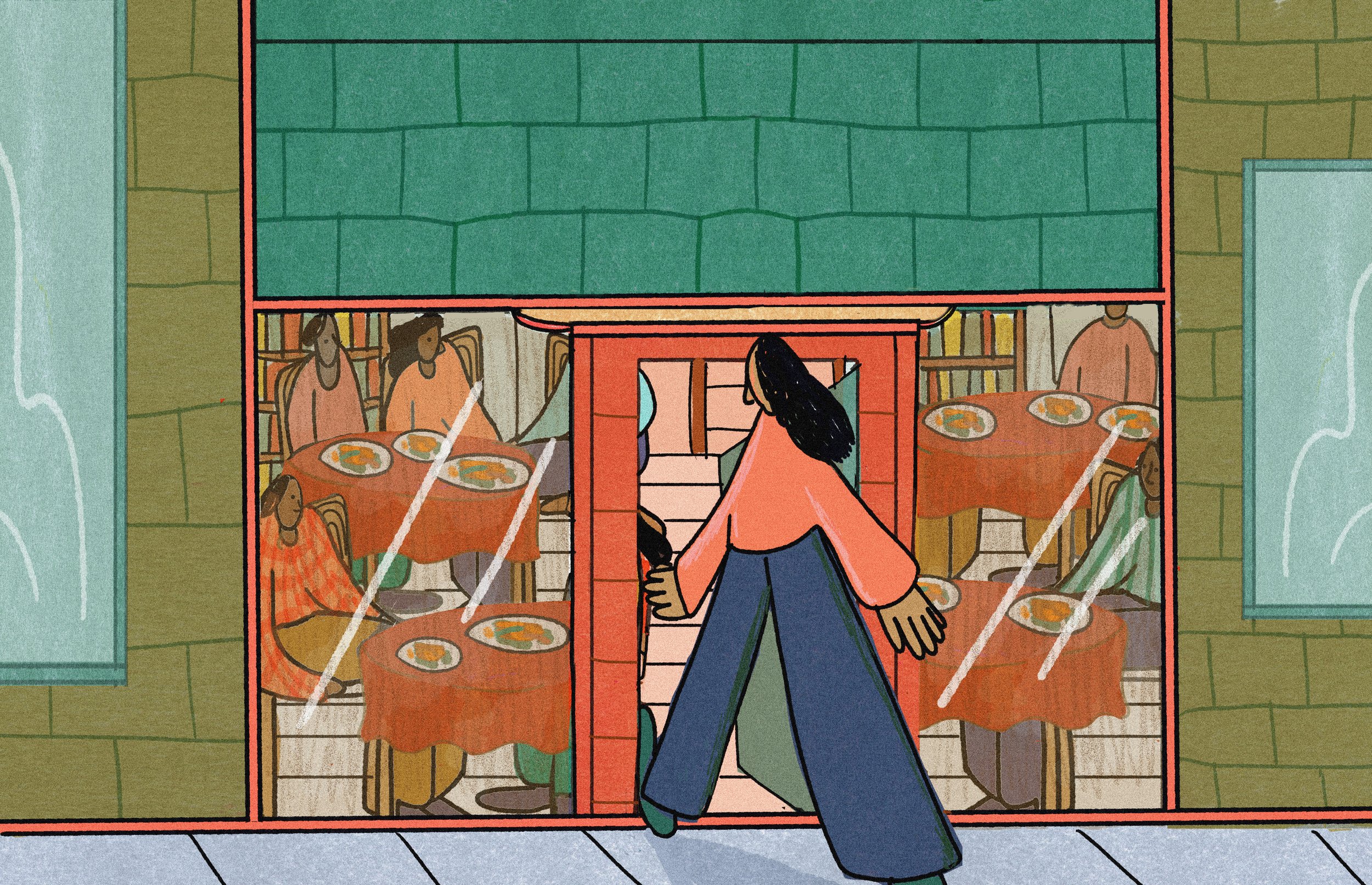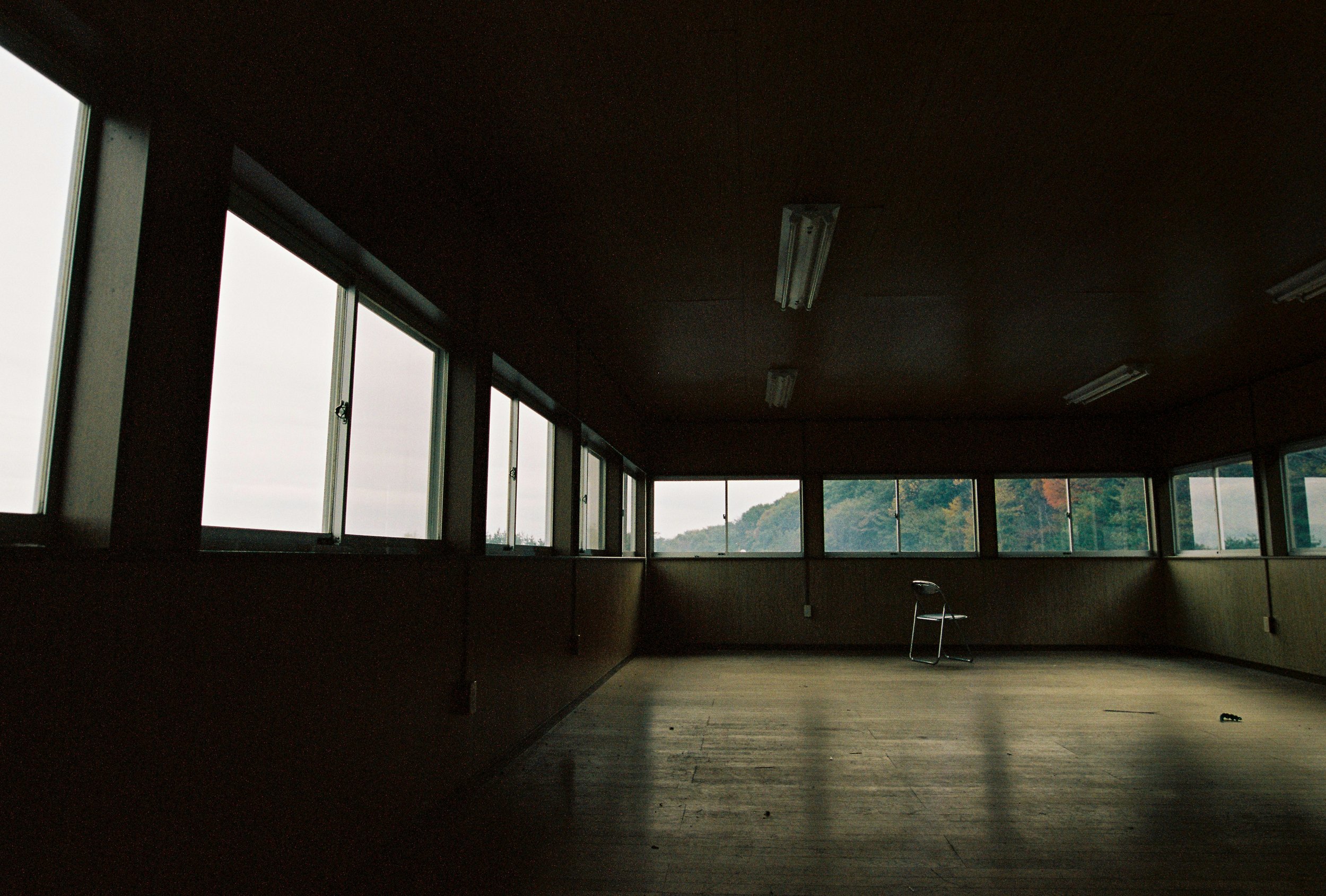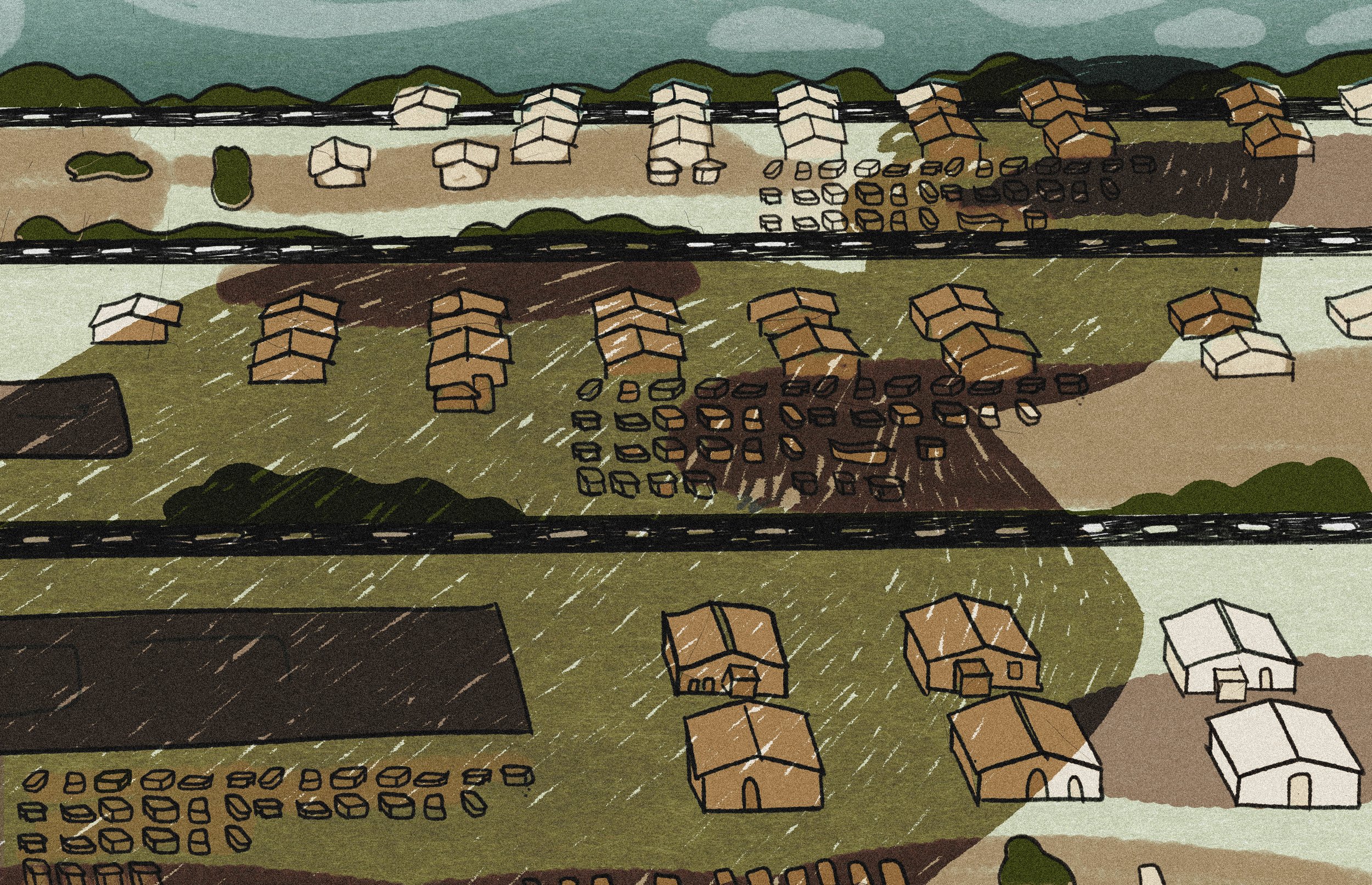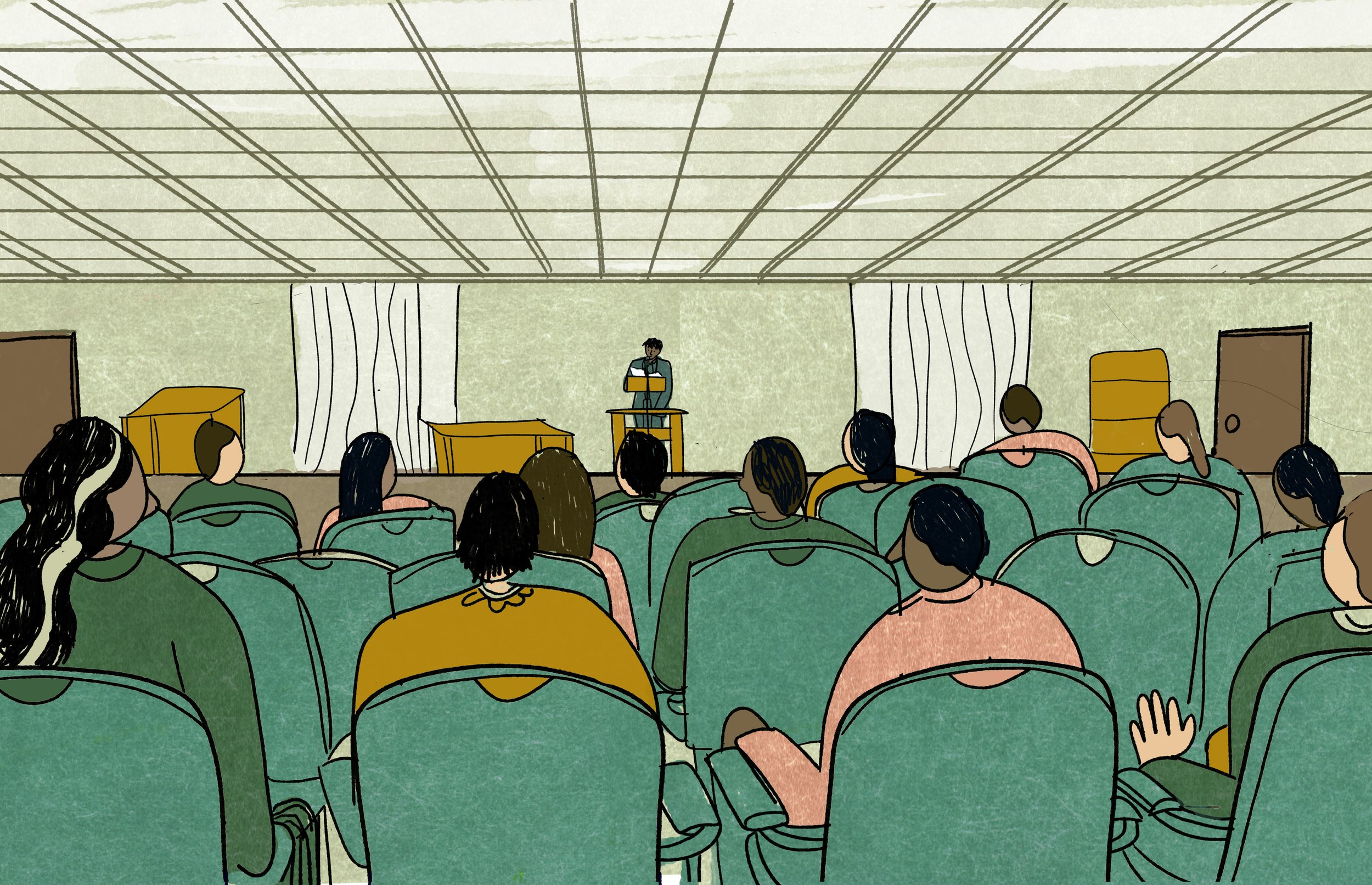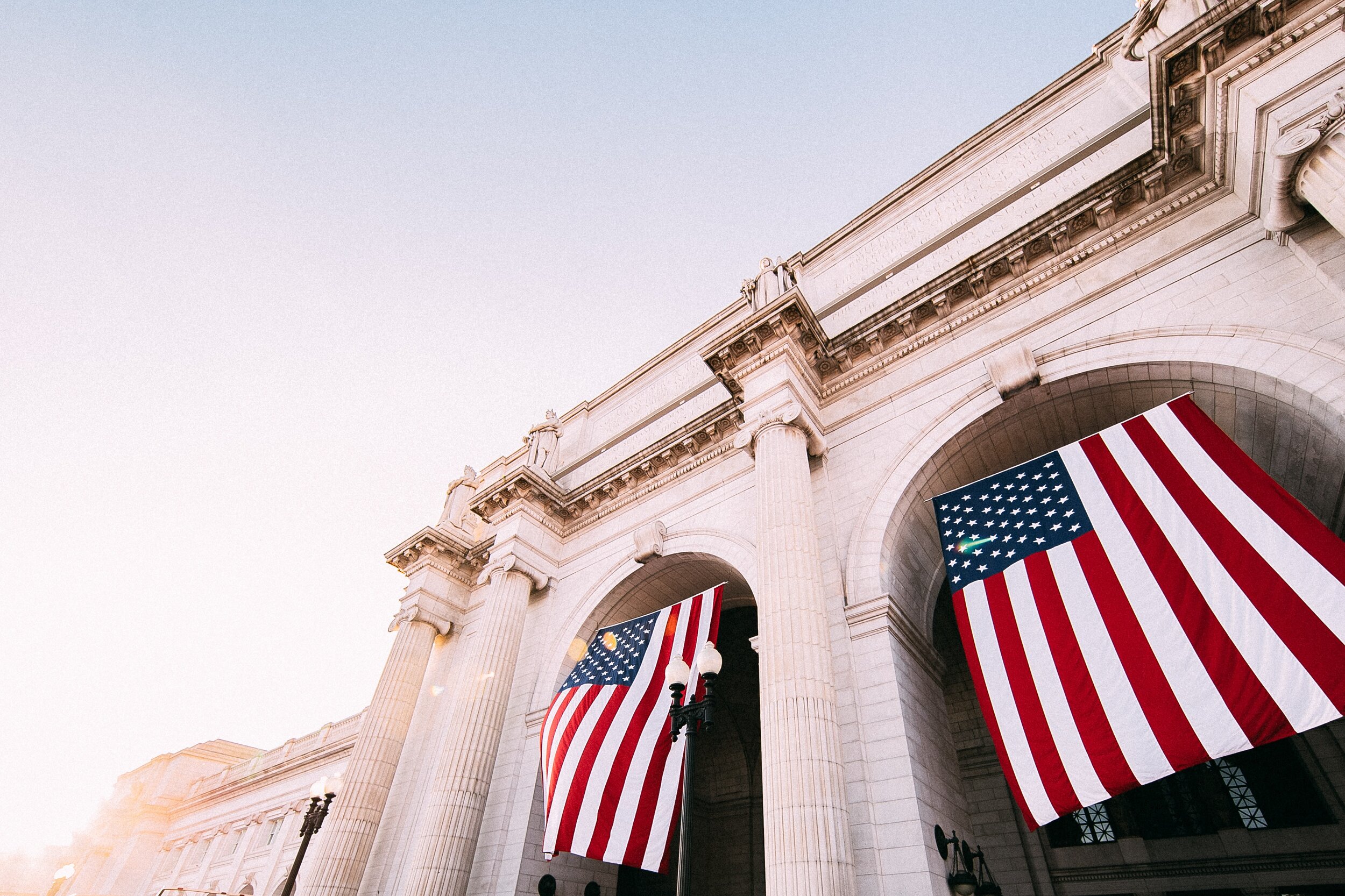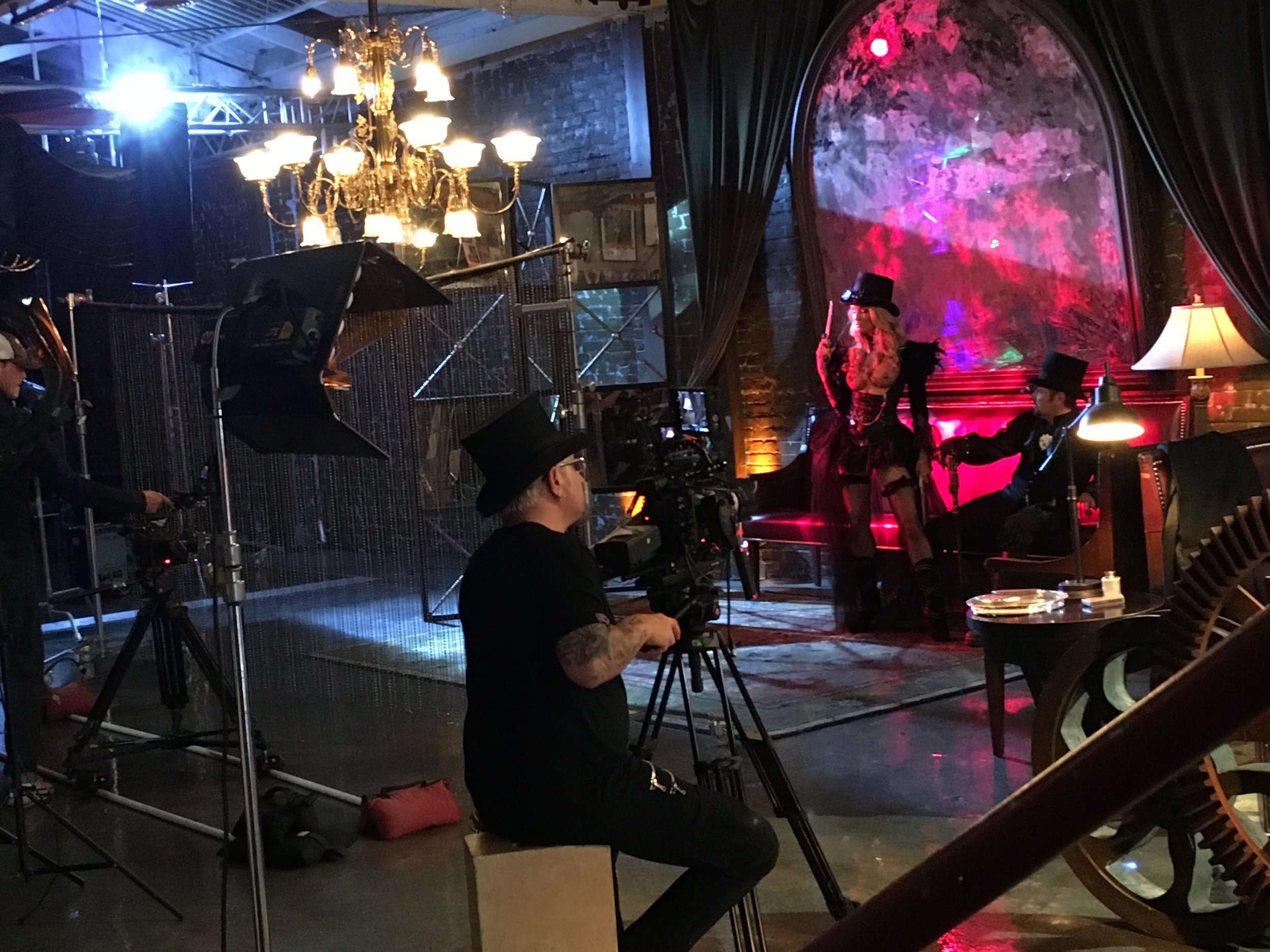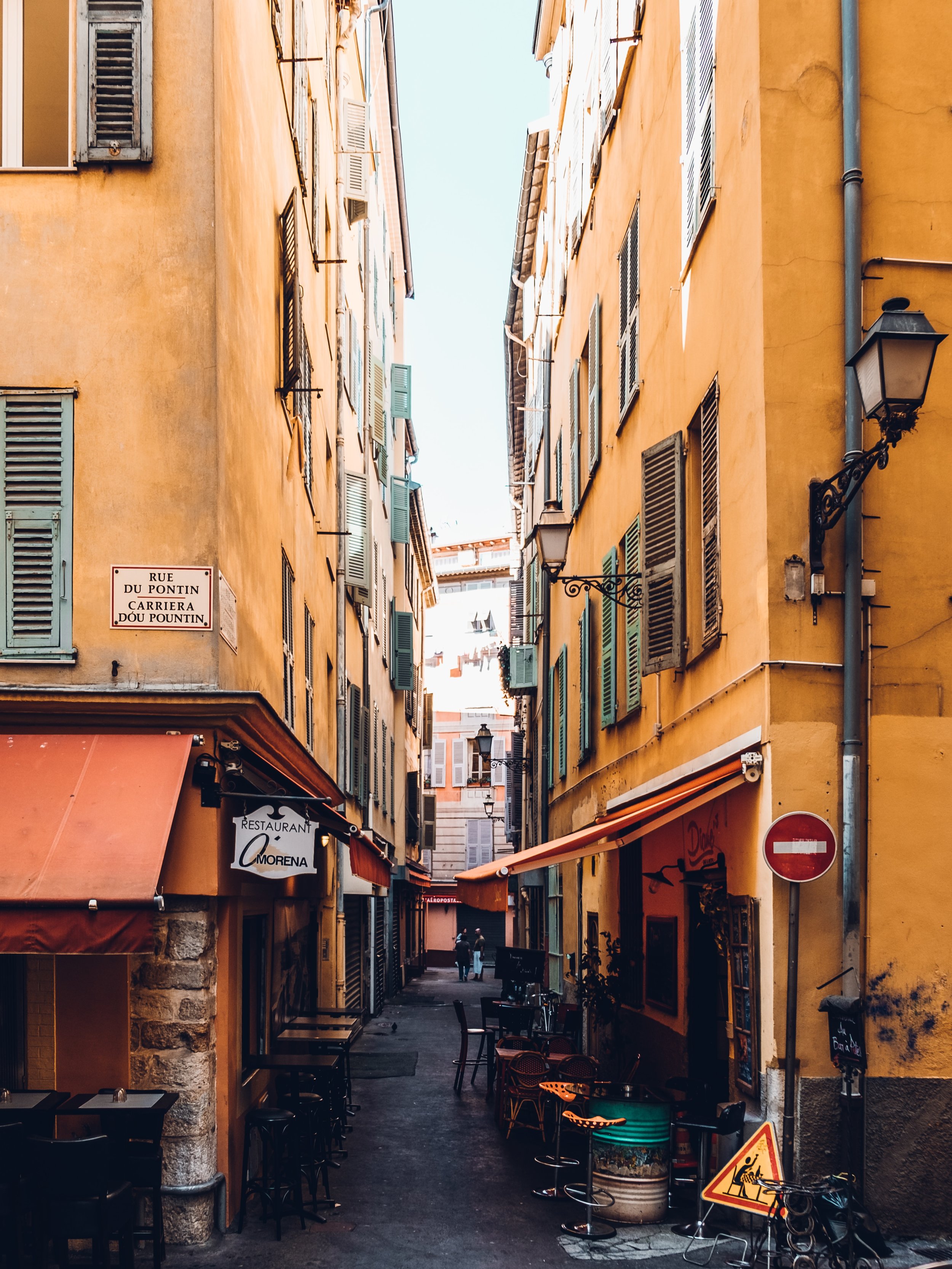Behind the Briefings: April Ryan

These days, plenty of folks in Washington are getting razzed by the White House on Twitter. But for White House reporter April Ryan, it’s gotten up close and personal: earlier this year, she found herself outside the White House briefing room, where Omarosa Manigault, senior administration official of Apprentice fame, warned Ryan that the administration had “dossiers” of compromising information on her and other journalists. The White House later denied that such dossiers exist, but the incident underscored the fraught relationship between the Trump administration and the media.
Ryan is not easily intimidated. She’s covered the White House for 20 years for American Urban Radio Networks, and has consistently been one of the only reporters to probe this administration and others on issues of race. Since her dustup with Manigault, Ryan's star has only risen. She’s continued to ask sharp questions in the briefing room, and in April, CNN snapped her up as a contributor. The next month, she was named journalist of the year by the National Association of Black Journalists.
OA's Elaina Plott pulled Ryan aside to chat about how she maintains her safety, professionalism, and cool in the Trump era.
OA: You’ve been covering the White House for a long time. What moments on this beat have been most surprising to you?
AR: I would say everything about this moment in time, this administration. What is accepted now would not have been accepted during the Obama years; it would not have been accepted during the Bush years; and it would not have been accepted during the Clinton years. When I say that, I mean the contradictions, the issue of “alternative facts,” false statements, all of this stuff. All this is new and it’s newsy—a big glaring moment for the press, especially because there's now such a high level of disdain against the press.
OA: Do you think that disdain for the press is dangerous in any way?
AR: It's dangerous on a lot of levels. Because you have to remember it's not about us—it's about information for the American public. That's what it's about. The negativity that has been caused by words and deeds against the press—it's ugly. We've never seen this before, and there is a very real concern for safety for journalists.
OA: Have you ever feared for your own personal safety?
AR: Yes, and I don't want to get into that.
“I’ve been doing this for 20 years, and I’ll be doing it for the next 20 years....this is a historic moment, whether you like it or not. It’s good to be able to say that you’re one of the questioners of an American President...”
OA: Understood. In any other administration you covered, have you ever been called out personally in the way that you have in this one?
AR: Oh yeah, you can look it up with [Obama White House press secretary] Robert Gibbs. [Editor’s note: In March 2010, Gibbs compared Ryan to an ill-tempered child for pressing him on the gatecrashers at the Obamas’ first state dinner] That happened a long time ago, but he apologized to me ultimately. But this [current situation] is different; this is not just an aberration. It's a continual effort to undermine, discredit, and demean the media. Certain people—if they think you’re unearthing something that they don't want to be out—they're going to come after you.
OA: Did you think the Omarosa episode was indicative of that?
AR: Let me say this: in any administration, sometimes there is an adversarial relationship with the press. And sometimes when you say things or ask questions, there may be a little retaliation. But this [instance] took it to another level. She said there were dossiers on me and a few other people that I know well, just because we’ve asked questions and spoken truths.
It's sad when people want to take you back to a time from another era and another country. It's just not who we are as a people. But you know what? It's on her. She can have as many dossiers on me as she wants. I have nothing to hide. She may be the one that needs to worry about hiding stuff.
OA: Has she ever apologized to you for that?
AR: No.
OA: Has all this—on top of the need to be online all the time, checking Twitter and whatnot—changed the way you do your job?
AR: No. I used to be stressed out; I just couldn't sleep at night. I sleep like a baby now because I said to myself, you know what, I can't change what I can't change. You just have to roll with the punches and know firmly who you are, and just keep moving on.
I think that the saving grace of any reporter in this time is to do the basics—what we have been taught. Don't try to fight it. Just listen to what they have to say. Even if you have the facts, or if they’re not telling the truth, deal with that and move on. You can't [dwell] on it, because these people in this administration don't want to go by traditional rules. Once you understand that, you're okay. You can just breathe and move on.
OA: How do you keep energy up? Do you ever just get exhausted by it all?
AR: Yes. [laughs] There's days I just lay in bed and don't get out. Sometimes I just lay there and I'm a vegetable.
OA: I mean, same.
AR: Yeah, yeah, yeah. I mean, I'm working all the time. I get up usually around 5 or 6 o’clock and while I'm cooking breakfast, getting the kids ready to go to school, I'm looking at my text messages or my emails to see what's gone overnight. Figuring out what source has reached out to me, who has called me, and so on. It's a constant evolution of moving the news ball and finding out what's going on.
OA: If you could pause this rapid-fire news environment and go deeper into one story, what would it be?
AR: That's a really tough question, because there's so much going on right now. I mean, it would be probably something related to race—how this president and his base view equality, how they view unity. The anger that has been coming out with regard to race is most disturbing to me; so many people are now operating on what they feel instead of what's real, what's fact, and that dynamic is something I'm most interested in.
OA: How, then, do you make calls about what to prioritize? More specifically, what's the toughest dilemma you've faced in the past year about what to cover, when two stories were vying for your attention?
AR: I would say I have to make calls most often when it comes to stories on race and stories on Russia. I'm going to cover both, but if it comes down to the two in a certain moment, I will choose race and urban issues because of my audience. Of course I try not to leave anything on the table, but this White House doesn't make it easy. [laughs]
OA: There's a lot of talk about how the current administration is playing 4-d chess, so to speak, kickstarting a news cycle such that certain stories get buried. Is that a real thing? If so, how are you navigating it?
AR: Yes, I think this White House definitely majors in the art of diverting attention. That's why this President began focusing on the NFL—because he realized he wasn't winning with his stance on Charlottesville.
At the same time, though, it's not all on [the White House], because people do have a short attention span. But eventually it all comes back around—that's my job. I still keep every issue alive by asking questions and advancing the story.
OA: How have you gone about cultivating sources in this administration?
AR: The sources that I have are sources that I've had for a number of years. It's about trust, because if they give me wrong information, it could mean my career, my credibility. So I’m actually very leery about new sources.
“I think this White House definitely majors in the art of diverting attention. That’s why this President began focusing on the NFL—because he realized he wasn’t winning with his stance on Charlottesville. At the same time, though, it’s not all on [the White House], because people DO have a short attention span. ”
OA: So in those moments you do start to develop a relationship with a new source, how do you convince them to trust you?
AR: It's not necessarily about them trusting me; it's about whether I trust them. Sometimes people just want to give you information for the sake of pushing their own agenda or to make you look bad. I'm not worried about whether they trust me. It's bigger than that.
OA: How much longer do you think you'll stay on the beat?
AR: I’ve been doing this for 20 years, and I’ll be doing it for the next 20 years. I mean, this is a historic moment, whether you like it or not. It's good to be able to say that you're one of the questioners of an American President—someone who asks relevant questions and who knows the players and who knows to get the answers.
For a chick from Baltimore to go there and do that for four Presidents consecutively, and be known for what I do? That's a pretty good thing.
ABOUT THE INTERVIEWER
Elaina Plott is a staff writer at Washingtonian magazine, and has written for GQ, the New York Observer, Harper's BAZAAR, and Town & Country. She also covered Congress for National Review.
Header photo by Daniel von Appen

